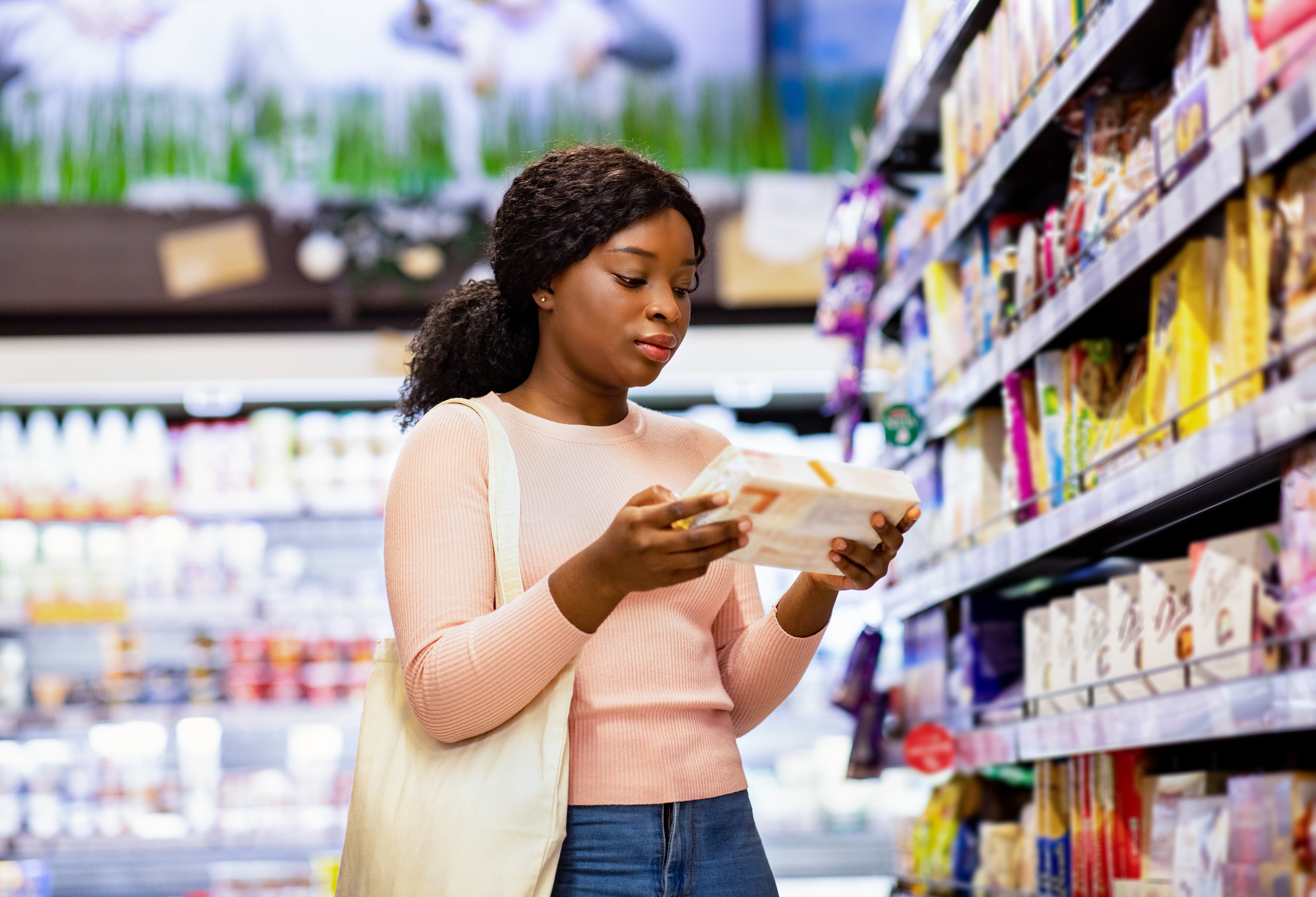Private labels have their moment
THE ARTICLES ON THESE PAGES ARE PRODUCED BY BUSINESS REPORTER, WHICH TAKES SOLE RESPONSIBILITY FOR THE CONTENTS

Trace One is a Business Reporter client
This year, private labels are irresistible. Soaring inflation, particularly since the start of the war in Ukraine, has made grocery shoppers worldwide more price-conscious. The rising cost of living has led consumers to adjust their spending habits, and seek more affordable products, promotions and discounts. A study has found that 46 per cent of consumers buy more products on sale than they would normally, and 22 per cent buy fewer from their favorite brands. To stretch their money further, more shoppers buy only essentials, shop around for the best deals and choose private labels.
Global private label sales jump
Inflation continues to drive consumers to private label brands. Today, 41 per cent of shoppers buy more private labels than before the pandemic – and 77 per cent of those intend to keep buying them. Nearly 90 per cent of consumers bought private labels for their better value compared with national brands. McKinsey found 40 per cent of consumers said the biggest change they had made recently was to try new private label products. Private labels such as Axfood in Sweden, Colruyt in Belgium, Albert Heijn in the Netherlands, Stop & Shop in the US and Loblaws in Canada are growing in Europe and North America. UK sales of private labels have hit their highest levels, with sales up 7.3 per cent and 51.6 per cent market share. Consumers’ willingness to try new products has created a lucrative sales opportunity for retailers. This is particularly true for private brands, where grocery retailers have full control of the product, including its supply chain, packaging and ingredient costs. Grocers can tailor a product and its message to align with consumer values, providing organic, vegan or budget-friendly options, for example.
Retailers can seize this moment to satisfy grocery shoppers
As inflation makes private labels more attractive, grocers can grab this opportunity to attract and retain new customers. To maintain sustainable private label growth, they can adapt their assortments to consumer demand for affordable grocery essentials and collaborate with trading partners to develop private labels that drive sales and deepen loyalty.More than ever, grocers need visibility on the brand-level performance of their private labels. They need agility and efficiency to introduce and update products within a short turnaround time. They also need transparency to navigate today’s dynamic market. As the share of private label penetration rises, and more consumers trust private label quality and performance, retailers can launch a steady stream of innovative products, adding value beyond the traditional brands’ offerings.
Adapting to grocery’s unique, evolving needs
Given that grocery is a complex industry, grocery businesses and their private brands have specific needs that require a purpose-designed product lifecycle management (PLM) platform. Collaborating on PLM platforms helps retailers and manufacturers manage and accelerate product development across the product lifecycle, from ideation to market launch.To control costs, protect product quality and mitigate disputes among partners, many leading retailers are implementing advanced PLM solutions that consolidate data and deliver consistent information to all stakeholders. Solutions and modules offered by Trace One cover the full retail value chain, from market research and sourcing through to product development and ongoing assessment. Each can be implemented on an as-needed basis, allowing a business to focus on tackling the current key requirements, then add further capabilities as grocery needs evolve.PLM solutions make it easier for private label teams to share information because all members are connected to the same platform, improving communication and efficiency. That’s why, as inflation soars, grocery retailers around the world are switching to PLM solutions to save time as they develop food private labels.
More private label innovations lie ahead
Notably, new market entrants and players in other channels are launching their own product lines to compete for consumers. German quick commerce company Gorillas has launched a range of private labels, as has US rapid delivery platform Gopuff. In 2020, convenience store leader 7-Eleven earned $1 billion in private label sales.We expect more growth in the private brands sector and predict that many different types of businesses will begin to create and manage their own products with co-manufacturers. The difference between a national brand and a private brand will likely be imperceptible to consumers in the future. In response, grocery retailers will need to collaborate more efficiently and manage vast amounts of data, which means implementing new technologies to stand out in an increasingly crowded market.
Collaboration keeps grocers competitive
To compete effectively, retailers need to plan and execute a cohesive private label strategy. By engaging with the right technology partners and collaborating with manufacturer and suppliers, retailers can earn significant margin boosts, improved brand recognition and overall customer satisfaction. Managing success requires appropriate strategies for sharing information and best practices with manufacturers, suppliers and customers to develop affordable private labels that inspire consumers to keep coming back.
For more information about Trace One PLM please click here.
Originally published on Business Reporter
